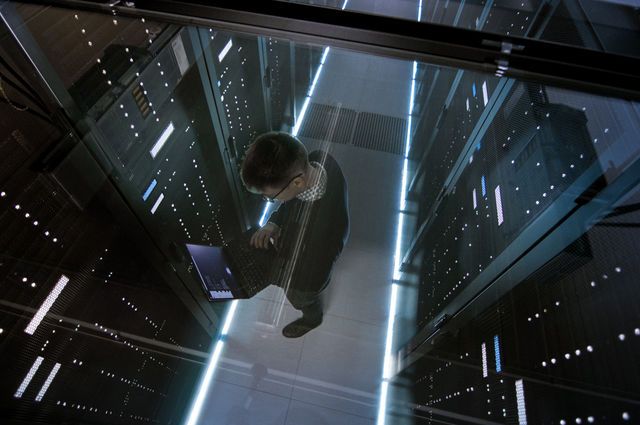Solving Labor Shortage Through Technology
14 experts shared their view
With travel demand accelerating rapidly, the hospitality industry is experiencing a new challenge: labor shortages resulting in sharply rising labor cost, which consumes as much as 60%-80% of RevPAR (CBRE). In the U.S. alone, hotels need to hire 600,000 more employees by summer to be able to meet demand (BIS.gov). Right now there are 171,800 open positions on LinkedIn for hospitality jobs in the U.S.
Wages in hospitality operations - frontline position such as housekeeping, front desk, wait staff, line cooks, etc. - are up more than 20% since April 2020 (Hotel Effectiveness). Hotels and restaurants alike are offering sign-up bonuses, higher wages and even cash payments to candidates just to come for an interview. In the same time productivity is down due to influx of inexperienced staff, since many of the experienced hospitality professionals left the industry due to furloughs and layoffs during the pandemic.
The question is, how can the hospitality industry solve the current labor shortages and unsustainable labor cost through technology innovations, automation, mobility, robotization and next gen technology applications?
I find it impossible to frame a conversation about automation simply around cost savings. Not because automation doesn't lead to greater efficiencies (if done well it undoubtedly does), but because if it's done badly it's a colossal false economy. And unfortunately it's very easy to do badly.
If you are relying on a technology to communicate with your guests and staff, you need to be confident that the information it shares is well written, on brand, and crucially, correct.
Prices, menus and opening hours change; shops, restaurants, bars and attractions open and close; bus and train routes are reorganised and rescheduled. The information or 'content' that hotels share with guests is constantly in flux, and until someone comes up with a 'content management system for hospitality content management systems', it's stored in multiple silos across multiple systems (such as hotel websites & apps, in-room tablets, chatbots, automated emails & messages, voice assistants, QR codes, etc), all of which have to be individually updated in multiple content management systems each and every time anything changes.
The irony is that when it comes to guest facing technologies, the more ways you automate, the more opportunities you give yourself to mess up. Before putting your hotel's reputation in the hands of the robots, you need to be 1000% sure that you have the skills and strategy in place to ensure that the content you share is always relevant and up to date.
At the end of the day, a hotel is judged on the service and experience it provides. Exceptional service is exceptional service, whether delivered digitally or in person. However there is no hell fresher than bad service delivered digitally. 'Computer says no' is no way to treat paying guests.
I'm hugely excited by the possibilities that automation offers, however it's not as simple as replacing front desk with a chatbot and a few automated emails, or asking your housekeepers to download an app, and watching the savings roll in.
To get the most out of technology, you need to completely rethink your guest journey and hotel operations. Focus on ways you can improve your guest experience and make things easier for your staff, and the bottom line will take care of itself.



